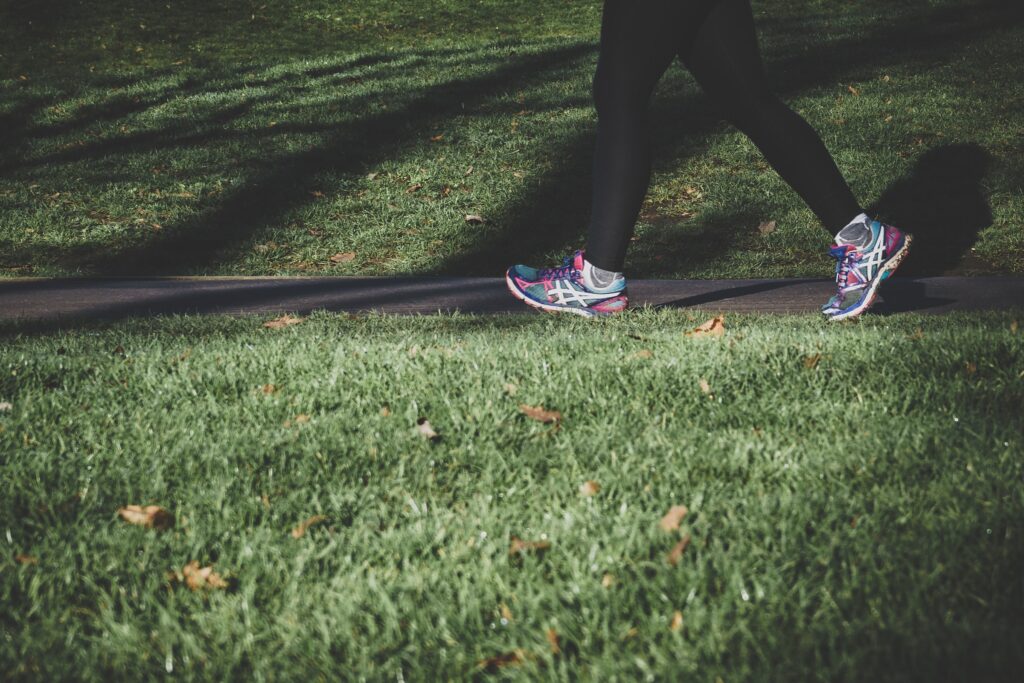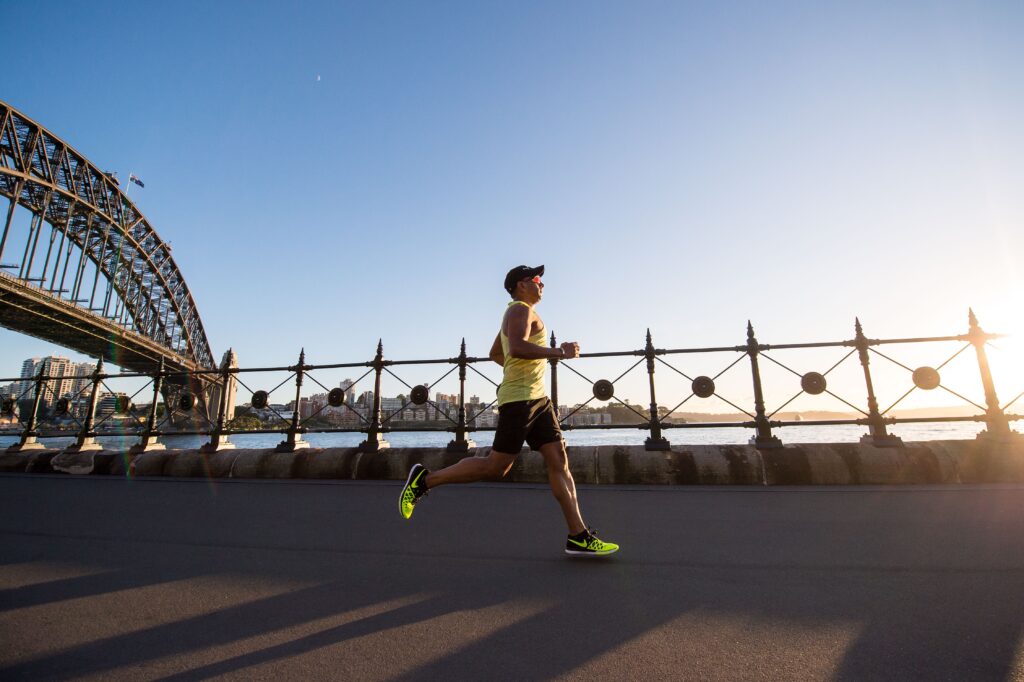Is It Too Early To Start Biohacking In Your 20s?
Lifestyle • October 13, 2022 • 7min read
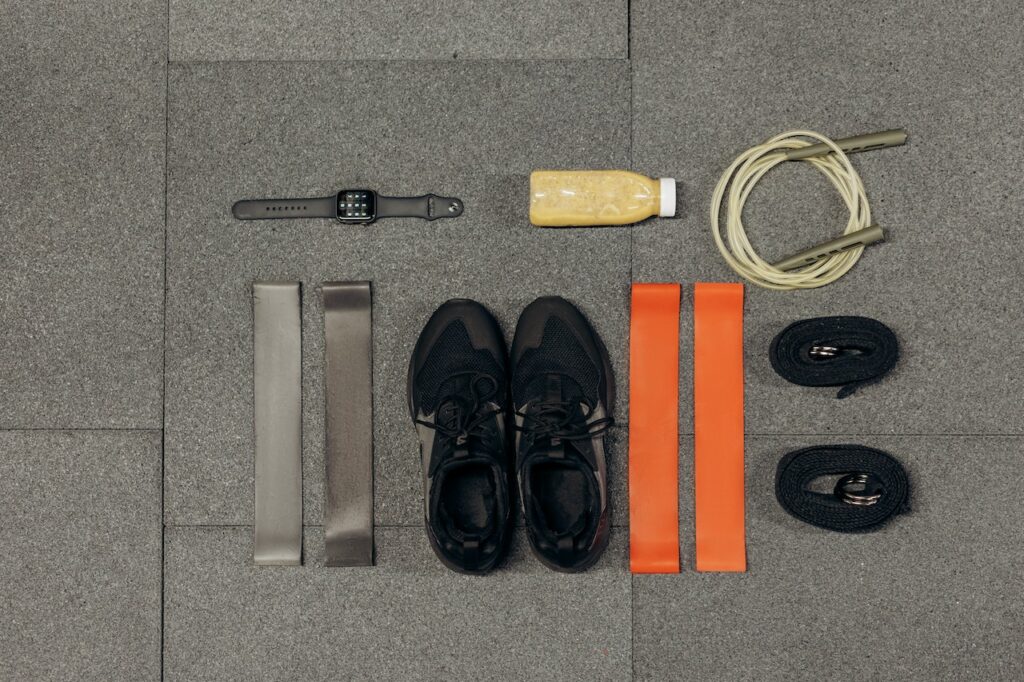
Introduction
It is never enough or late to start learning. And it is never too early to start taking care of your health. You should know more about your body every other day and pay attention to your health earlier in your life to diminish the possible outcomes of aging. While your 20s, you can make the best choices for your health to enjoy painless later years.
This is how Colin, a 22-year-old biohacker approaches healthy aging. Colin’s educational background and current occupation allow him to make informed choices for his well-being. He is encouraged by David Sinclair and his parents who lived a healthy life and got determined to confront the compromised state of aging.
This time we talked to a biohacker who practices healthy living not to live to be 100 or more but make the years with his family quality. Though numbers in years seem not to matter for Colin, numbers tracking improvements in his health are substantial.
It is worth taking tips from Colin’s biohacking story, getting motivated, and even inspiring others to start caring about their older years from a younger age.
What Is Biohacking For Colin?
Biohacking is being conscious about what we put into our bodies which affects us from the inside out. Biohacking is the aim of becoming the best version of ourselves. Colin has a simple and insightful answer to what is biohacking.
“To me, biohacking is centered around the idea of optimization. I think it’s commonly perceived as this external event where we do things that are unnatural or not native to the body. Rather, I believe we’re merely allowing the body to perform and behave to the best of its ability, hence optimization.” But…
Would you agree that an unintended healthy lifestyle and subconsciously avoiding toxins may be considered biohacking in its simple form? This can be said about Colin’s parents, who, as Colin remembers were always on the healthy side of their lives.
“I would say I lived a very healthy life, but it was unintentionally healthy. I was lucky to have parents who were quite knowledgeable and health-conscious about themselves. I’ve seen them each take deliberate steps to change their health, so I knew that change was possible from an early age.”
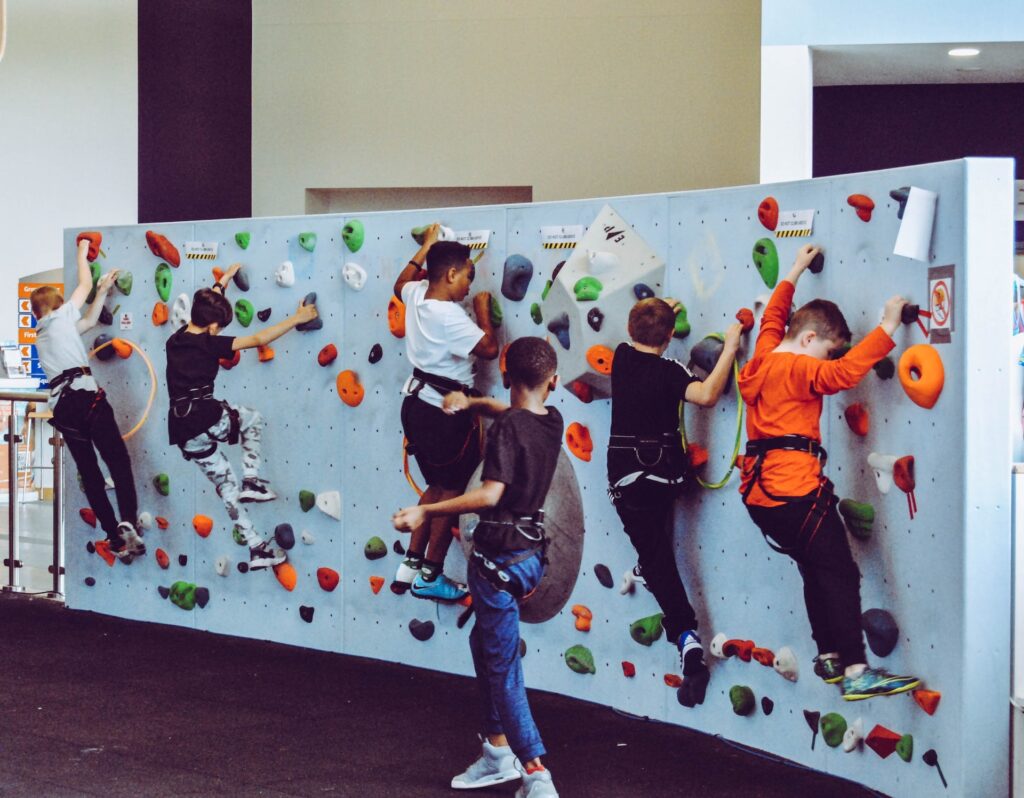
A simple step towards your health may be the elimination of added sugars from the diet. Yet, earlier in his childhood, Colin witnessed relatives straggling to get rid of the sugar. Sadly enough, their deteriorated health made Colin prioritize his health. Old age with frailty and stagnated health processes was not acceptable for him. This led him to become proactive and later start his experience of biohacking.
These remarkable occurrences of his earlier life might have left a subconscious desire to dive deep into science. So, later Colin studied molecular biology and currently works in a biotech/deep science startup.
Biohacking: Addressing Health Conditions Through Tracking
The first time Colin became familiar with biohacking was through the book “Lifespan” by David Sinclair. “It was the first time I realized that you could intentionally take action to improve your health outside of just exercise and diet,”- tells Colin.
There are many types of biohacking and for most people, they may seem something unachievable at first. However, Colin affirms the opposite.
“I decided to start my biohacking journey because it seems attainable and realistic. It wasn’t this expensive or outlandish journey to embark on. Plus, if there’s one thing that is worthy of our time, it’s certainly our own body.”
The first and easiest step to start your biohacking journey is a balanced diet and proper sleep. The next step is the active lifestyle integrations- gym, at least 30 mins of exercises at home, yoga, or just walking. Later on, you may go on with different fasting protocols, and supplements. You may also use wearables to measure the changes in your health.
Colin has been biohacking for 3 years. And this is how he started it after reading Dr. Sinclair’s book.
“The first thing I started doing while biohacking was fasting,”– shares Colin. He used to practice 24-hours fasting once a week and later implemented intermittent fasting. Intermittent fasting (IF) is asserted by scientists to be effective in the case of insulin resistance, reducing inflammation, thus preventing obesity or excess body weight, and heart diseases. Also, many biohackers including Colin notice better cognition and immense improvement in focus with IF.
Other than that, in the state of fasting longevity genes balancing the glucose levels in the blood get activated thus decreasing the chances of type 2 diabetes. The average levels of blood glucose (aka HBA1C) are 6.5%. In the case of Colin, the HBA1C was 5.4% which is not considered pre-diabetic. However, it needed improvement.
He noted: “I’ve been able to reduce my HBA1C, improve my fasting insulin, and perhaps most importantly improve my testosterone. …since I started fasting it has tested to be as low as 5.0%”.
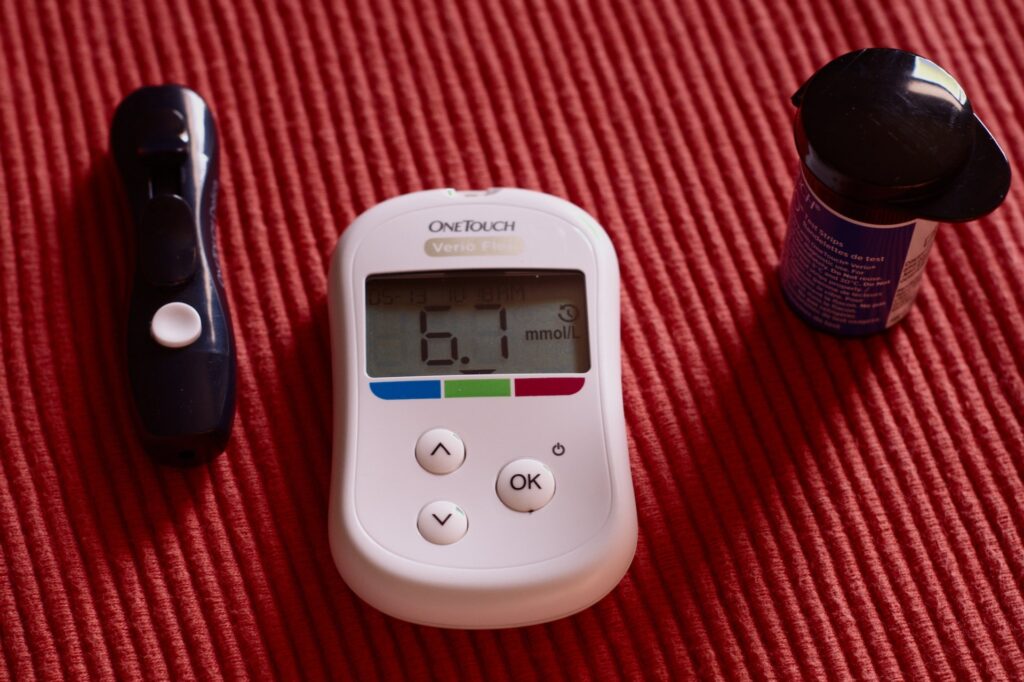
While Colin does not practice anything “wild” during biohacking, the main focus is on “the incremental changes in the long run.” To assess these changes, Colin pays predominant attention to his bloodwork.
“I use a service called Quantify to do recurring blood tests to get a sense of my health. Without bloodwork, I think we’re all truly in the dark about our biohacking efforts”. Periodical bloodwork helps Colin understand that his health improved dramatically.
Tips On How To Keep Motivated While Biohacking
Colin became inspired By David Sinclair, an eminent longevity researcher at Harvard University. At 53, Sinclair feels in his 30s due to his lifestyle, diet, and supplements. Compared to David Sinclair, Colin’s end goal is not to live long years. Instead, he notes “I want all my years to be quality years.”
Besides prolonging longevity or slowing down aging, biohacking may help you enjoy healthier years with close ones. Colin supports this idea. “Biohacking is important to me because it will allow me to experience the longest and highest quality of life with my family.”
Realizing that biohacking or simply system-thinking is the best long-term decision for your health may keep you motivated as in Colin’s case. Some choices for your health may show immediate favorable impacts, while others may take a long time to appear in later years. Colin believes that “biohacking is definitely an exercise in delayed gratification.”
To maximize the “gratification” Colin complements his healthy lifestyle with simple supplements and devices. Currently, his supplements stack consists of
- Fish oil
- Magnesium
- Vitamin D
- Creatine
- Ubiquinol
- Rapamycin
“I take everything on this list each night besides Rapamycin which I use on an intermittent schedule at 1 mg.” As for evaluation, Colin uses a Whoop band to track sleep and recovery.
Colin shared what he learned after 3 years of biohacking. So, if you are just stepping into the science-based world of biohacking, take his words of advice.
- Make small but sustainable changes to your lifestyle
- Fast maybe once or twice a month, then once or twice a week
- Establish a baseline for your behavior by tracking
- It will be valuable to track calories for a month and get a wearable to understand your sleep and daily steps
- Resistance training may have positive effects
- A much easier starting point is getting morning sunlight on a daily walk
If you want to learn more about Colin’s biohacking, he shares his achievements on Twitter and in Substack.
Final Words
Colin’s example shows that it is not too early to start biohacking in your 20s. Moreover, it may be one of the best decisions you made to support healthy aging. However, biohacking at a younger age may not have the exaggerated effects one may expect, in later years “you’ll look back and be thankful and appreciative of the habits you have created.”
Take advantage of the high energy from your younger years and double it for later well-being. But also remember, it is never late to start healthy living even when in your late 70s.

